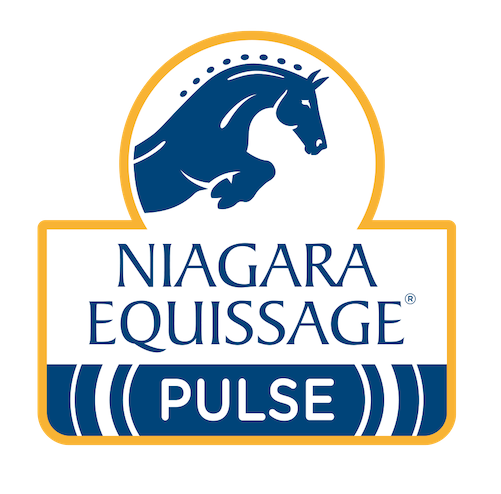Endimetris
Horse Endometritis can be fungal or bacterial. The most common fungi in fungal endometritis in horses include the Candida (yeast) and Aspergillus (mold).
Mares are particularly susceptible when their immune systems have been weakened following antibiotic use.
Bacterial Endometritis is a common cause of infertility particularly in older mares that have foaled previously. Acute infectious endometritis may be the result of several factors including impairment of the normal uterine defence systems and degenerative fibrosis. Scarring of the uterine lining results in infertility and inflammation caused by urine pooling (retained urine) may also prevent conception.
Horse Endometritis may result directly from a covering with a stallion (particularly in maiden mares and those that have recently foaled); this is termed Breeding Induced Endometritis.
Can Niagara Equissage help with Horse Endometritis?
Yes.
Niagara Equissage actively promotes one the activities of the lymphatic system – that of being the body’s defense mechanism.
A significant proportion of the lymph is made up of lymphocytes and macrophages which are, in essence, the immune system. So an active, healthy lymphatic system works relentlessly to combat any invasions from alien organisms. By working in harmony with the immune system and at the same time promoting circulation, the structures and cells of the body are continually supplied with nutrient rich blood to restore and replenish, thus helping to fight the infection. As an infection it is vital that resultant waste products are eliminated as rapidly as possible, therefore acting as a good form of Horse Endometritis treatment.
Application
Use the Back Pad on a medium setting for 20 minutes each day until the infection has cleared. Thereafter routine use of Niagara Equissage will help promote the immune system.

Testimonials
See All- "I like the way the Niagara Equissage relaxes the horses. It helps with sore muscles and the horses recuperation after hard races. I can see a difference."
- Rimell Racing
Having used this product for a trial period of 2-3 months with several different horses, we have found horses on Brandes Formula hold their condition better. Consequently they take their racing better and are able to race more frequently with improved results. We have also established that horses on Brandes Formula are able to utilize their feed more effectively, and therefore need less.
- "I use the Niagara Equissage on a regular basis at home and would not dream of going to a show without it. Our horses are athletes and we expect tremendous fitness and performance from them. The Niagara Equissage helps prevent injuries so we can have healthy, comfortable, riding partners. It aids tremendously in the warm up and cool down phases of work. The horses always look forward to their massage time!"

